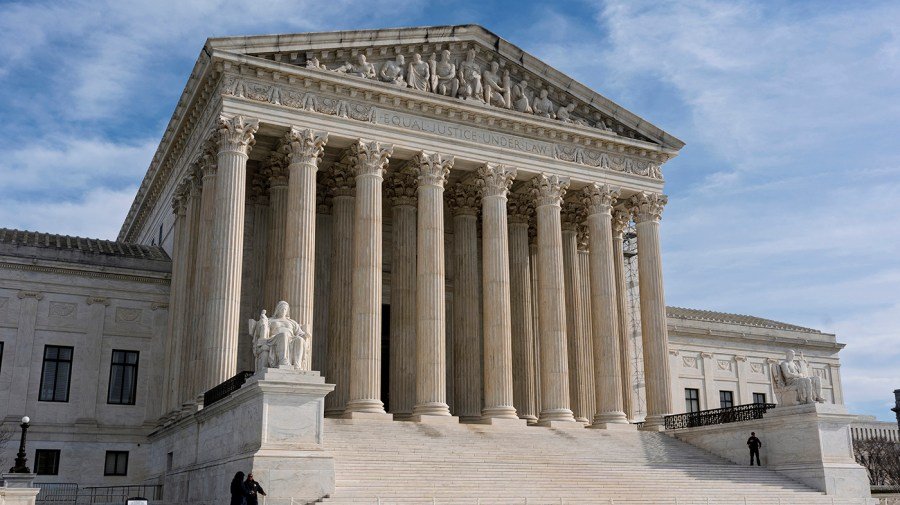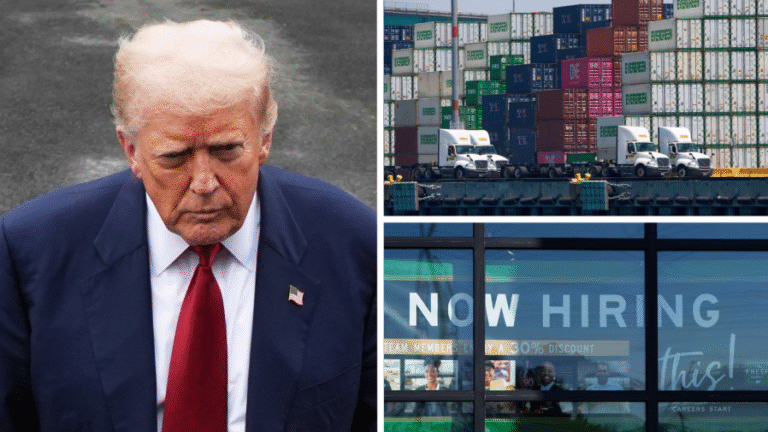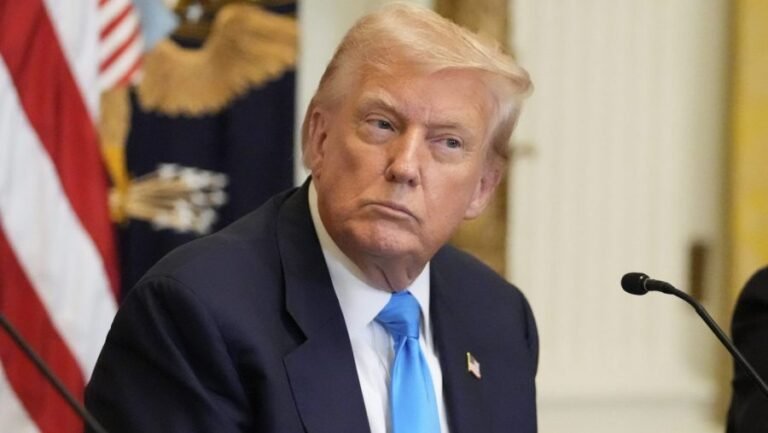
Republicans are increasingly bullish they can whittle away at the Voting Rights Act (VRA) as Democrats renew a long-shot effort to broaden the landmark law that turns 60 next week.
The Supreme Court could become the arbiter of Republicans’ efforts, with a major Louisiana redistricting battle set for rehearing next term and other battles bubbling up in the lower courts.
The conservative-majority high court has already eviscerated significant parts of the VRA, but the new legal fronts could reshape decades-long precedent of legal battles over political power.
“There are clouds around, and a lot of them are circling the Supreme Court at the moment,” said Adriel Cepeda Derieux, the deputy director of the American Civil Liberties Union’s (ACLU) Voting Rights Project.
With Democrats viewing the law as under siege from federal court rulings, a group of Democratic senators reintroduced a bill Tuesday that would restore and expand protections of the VRA.
The legislation would reimpose the VRA’s requirement struck down in 2013 by the Supreme Court that jurisdictions with a history of discriminatory practices receive federal approval before changing their voting laws; prevent voters from being purged from voter rolls if they haven’t voted recently; and add protections for poll workers against threats and intimidation.
“Voting rights are preservative of all other rights,” Sen. Raphael Warnock (D-Ga.) said at a press conference announcing the bill’s reintroduction. “The democracy is the very house in which we live. It is the framework in which we get to fight for the things that we care about.”
But the bill faces long odds in a Republican-controlled Congress and could face constitutional challenges, if ever enacted.
Meanwhile, Republicans have set their sights on weakening the VRA by preventing voters and private groups from enforcing it.
The GOP effort would cut off the ACLU and other prominent players that have long leveraged the law to challenge maps and voting practices, leaving lawsuits to the attorney general.
“Private litigants have been key to bringing these claims over the history of the Voting Rights Act’s existence,” Cardozo Law School professor Wilfred Codrington said. “And, in fact, all the cases that are sort of monumental cases include many private litigants. So, that is a big thing.”
The push to eliminate a private right of action under the VRA has been met with mixed results so far. But Republicans feel encouraged by recent signals from some of the Supreme Court’s conservative justices.
Joined by Justice Clarence Thomas, Justice Neil Gorsuch in 2021 publicly questioned whether private parties could sue under Section 2 — the VRA’s most prominent remaining provision — which prevents states from discriminating against voters because of their race or color.
“Our cases have assumed — without deciding — that the Voting Rights Act of 1965 furnishes an implied cause of action under §2,” Gorsuch wrote.
“Lower courts have treated this as an open question,” he stressed.
Since then, Republicans have found success in one federal appeals court.
In 2023, the 8th U.S. Circuit Court of Appeals agreed private groups can’t bring Section 2 claims, turning away the Arkansas NAACP’s claims that Arkansas’s state House map packed and cracked Black voters.
It effectively blocked private enforcement in the seven states covered by the 8th Circuit: Arkansas, Iowa, Minnesota, Missouri, Nebraska, North Dakota and South Dakota.
The case was never appealed to the Supreme Court, but two recent decisions by the 8th Circuit are inching the issue closer to the justices.
Native American tribes headed to the Supreme Court’s emergency docket this month after the 8th Circuit ruled the tribes couldn’t challenge North Dakota’s state Legislature map.
Last week, the justices lifted the ruling. Thomas and Gorsuch publicly dissented alongside a third conservative justice, Samuel Alito. No justice explained their reasoning, but the case could return to the justices.
It’s not only Section 2. On Monday, an 8th Circuit panel unanimously ruled a lesser-known provision of the VRA — Section 208, which allows blind and disabled voters to receive help voting from a person they choose — also can’t be privately enforced. The decision rejected a challenge to an Arkansas voting law.
Arkansas Attorney General Tim Griffin (R) celebrated the ruling, saying in a statement it “means that officials can continue to enforce Arkansas’s laws and voters can have confidence in our elections.”
The question over private enforcement may be irrelevant, depending on other cases that raise whether Section 2 can survive at all. Republican states have increasingly argued race-based redistricting is no longer constitutional after progress made in recent decades.
But voting rights advocates said they were hopeful that what remains of the VRA will have more endurance than some fear.
Cepeda Derieux pointed to the Supreme Court’s 2023 ruling in Allen v. Milligan, in which the court found a Republican-drawn map in Alabama likely violated the VRA in weakening Black voters’ political power. He said this reinforced the constitutionality of Section 2, and the same legal reasoning was used in other cases to redraw maps in Louisiana and Mississippi.
“There’s also cause for great hope,” he said. “As recently as two years ago, the Supreme Court … really upheld the heart of what remains of the Voting Rights Act.”
Mark Gaber, the senior director of redistricting for the Campaign Legal Center, argued that those trying to further limit the law’s purview have shown an “overzealousness” that has hurt them, leading to the Milligan case in which the court’s majority gave a “full-throated reaffirmation” of the law’s constitutionality.
He believes some read too much immediately into Justice Brett Kavanaugh’s concurrence that the country may reach a point where the VRA’s time has passed.
“They’re pushing the private right of action theory … and various other theories to chip away at it. And we’ll find out, but I don’t think what Justice Kavanaugh was saying is, ‘Tomorrow, bring me a case that questions this,’” Gaber said.
The questions have returned as the Supreme Court considers the newest phase of the redistricting battle in Louisiana. The state’s Republican leaders seek to uphold their new congressional map that adds a second majority-Black district.
The state is in an awkward position. Louisiana begrudgingly added the second district because a lower court ruled a design with only one likely violated the VRA. But in separate litigation, Louisiana has taken legal positions that would undermine that lower ruling — that private groups can’t enforce Section 2 and the provision is unconstitutional as applied to the state.
The Supreme Court was set to decide the case this summer. But without explanation, the justices ordered the case be reargued next term.
Codrington said he wasn’t optimistic and believes the court wants to still use the case “to do something big.”
“I think the court was particularly worried about dealing a major blow to the VRA at that time when lots of other institutional changes were happening through the Supreme Court,” Codrington said.
The Supreme Court has yet to announce what legal question it will consider when the case is reargued, meaning the scope of the case remains unclear. But Thomas, at least, is ready to rein in Section 2.
“I am hopeful that this Court will soon realize that the conflict its §2 jurisprudence has sown with the Constitution is too severe to ignore,” Thomas wrote in a solo opinion last month.


